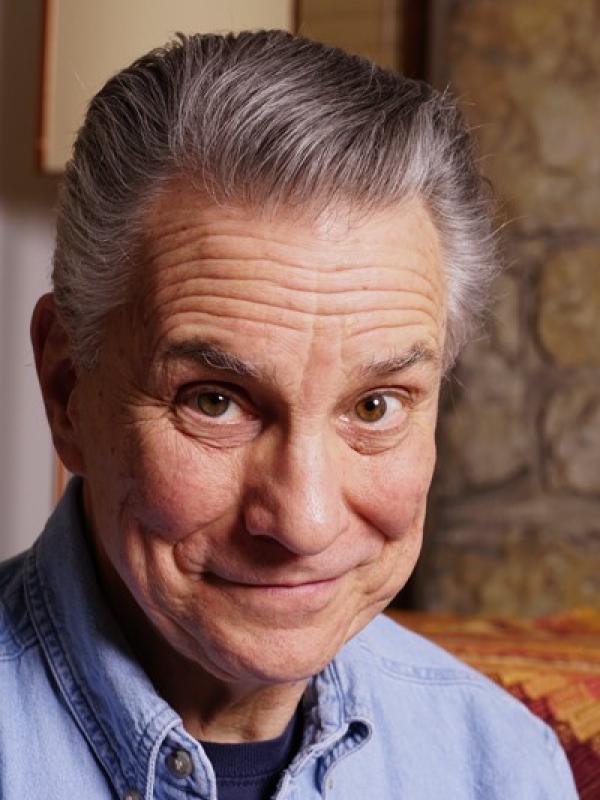Areas of Expertise
- History and Philosophy of Science
Education
- J.D. 1997, The Law School, University of Chicago
- M.S.L. (Master of Studies in Law) 1992, Yale Law School
- Ph.D., Philosophy 1975, University of Chicago
- B.A., Philosophy, 1965, Brooklyn College
Recent Publications:
With Allan Franklin, "Experimentation in modern physics,” Oxford Research Encyclopedia of Physics, 2024 (Oxford University Press).
With Allan Franklin, Case Studies in Experimental Physics: Why Scientists Pursue Investigation, 2022 (Springer Nature Switzerland).
With Allan Franklin, Once Can Be Enough: Decisive Experiments, No Replication Required, 2021 (Springer Nature Switzerland).
“The Applicability of Copyright to Synthetic Biology”, Feedback Loops: Pragmatism about Science and Technology, ed. A. W. Garner and A. Shew, 2020, 17-43 (Lexington Books).
With Allan Franklin, Measuring Nothing Repeatedly: Null Experiments in Physics, 2019 (Morgan & Claypool).
Biographical Notes:
Ron is Professor Emeritus, was a member of the Department from 1970 to 1995, and specialized in the history and philosophy of science. In 1995, he took advantage of an early retirement option and completed a law degree at the University of Chicago School of Law. He went on to practice large-scale commercial litigation at the Jones Day law firm where he had the good fortune to serve as second chair on a case before the United States Supreme Court. Now retired from the full-time practice of law, Ron has renewed his interest in the history and philosophy of science and has coauthored three books with with the distinguished historian of science Allan Franklin.

